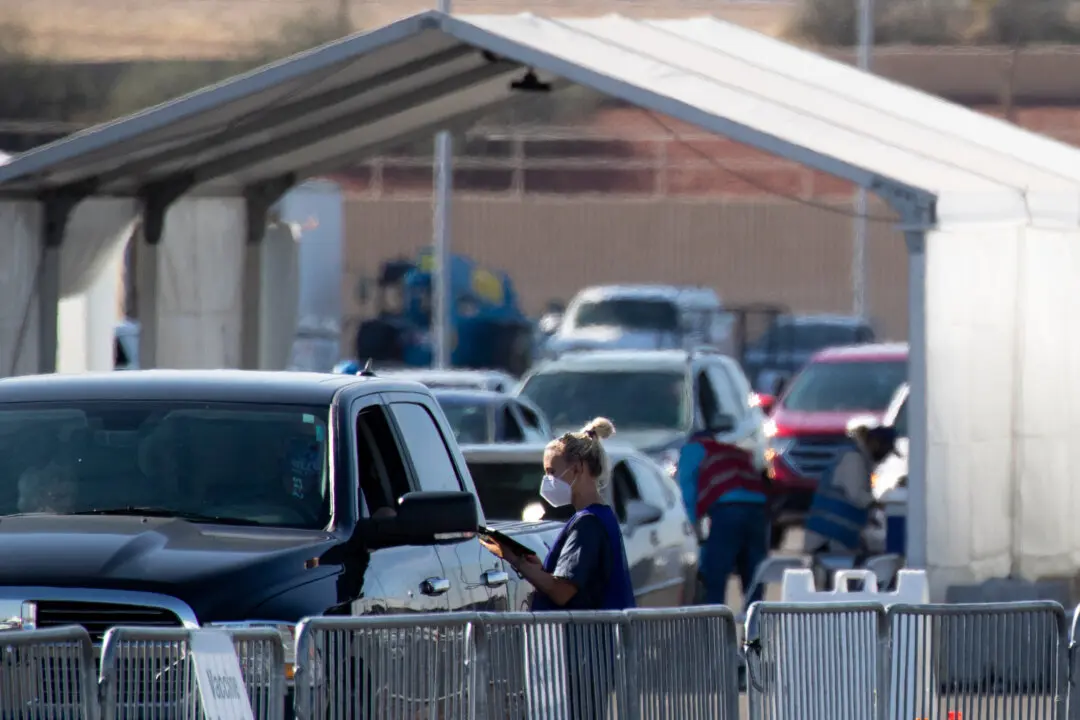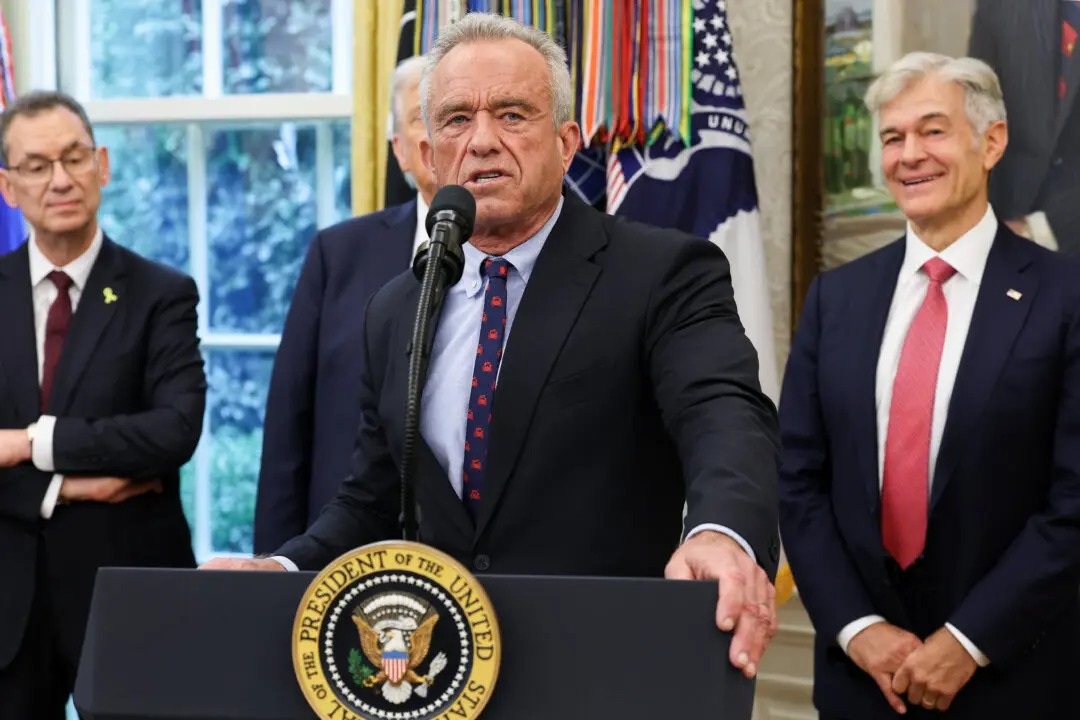The U.S. Senate on Dec. 1 approved legislation aimed at heading off a nationwide rail strike, a day after the House passed the measure.
Senators voted 80–15 to pass the bill, which would impose a tentative agreement on rail workers and prohibit a potentially costly strike. Congress is allowed to take such action under the Railway Labor Act; it last took action to prevent a shutdown in 1994.





